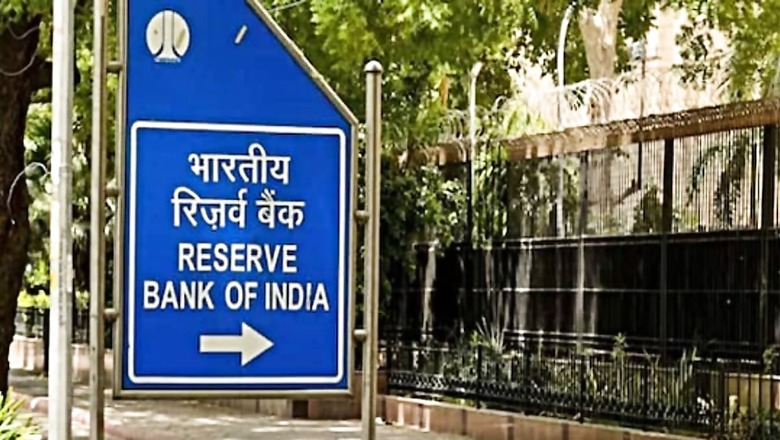
views
RBI Governor Shaktikanta Das on Friday said the transmission of 250 basis points (bps) hike in the repo rate to bank lending and deposit rates is still incomplete, and there is still some distance to be covered. The comments come at a time when banks have already hiked their interest rates on loans and deposits multiple times since May 2022, when the current RBI rate hike cycle started.
Addressing the press conference after bi-monthly monetary policy, RBI Governor Shaktikanta Das on Friday said, “The transmission of repo rate hikes is still incomplete. We have raised the repo rate by 250 basis points (in the current rate hike cycle) but it has not fully translated into either the deposit rates or the lending rates of the banks. There is still some distance to be covered. We would expect that to align with the repo rate.”
In an off-cycle meeting in May 2022, the MPC raised the policy rate by 40 basis points, and it was followed by rate hikes of varying sizes, in each of the five subsequent meetings till February 2023. The repo rate was raised by 250 basis points cumulatively between May 2022 and February 2023.
During this, banks including ICICI Bank, HDFC Bank, SBI, PNB and Axis Bank also raised their interest rates on both lending as well as deposit rates. Currently, HDFC Bank is offering up to 7.75 per cent interest rates on FD, depending upon deposit tenure and depositor’s age. ICICI Bank is offering FD rates up to 7.60 per cent annually and PNB is giving up to 7.75 per cent a year.
Atul Monga, CEO and co-founder of Basic Home Loan, said, “The RBI governor’s statement underscores an important issue in India’s banking sector. While the central bank has taken significant steps by raising the repo rate to control inflation and stimulate responsible lending practices, the incomplete transmission of these rate hikes is concerning. It means that the intended impact on deposit and lending rates has not been fully realised.”
For consumers, this situation has both pros and cons. On one hand, existing borrowers may not see substantial increases in their interest payments on loans. However, it also raises questions about whether banks will pass on future rate cuts effectively, and the competitiveness of deposit rates for savers, he said.
Monga added that it is crucial for the RBI to closely monitor and, if necessary, take measures to ensure better alignment between repo rates and market interest rates. This will not only impact borrowers and savers but also play a pivotal role in maintaining financial stability and economic growth in India.
On home loans, Shishir Baijal, chairman and managing director of Knight Frank India, said, “Since the interest rate upcycle, the repo rate has been hiked by 250bps, resulting in a 160 basis point rise in home loan rates. Since then, although the overall housing demand has remained upbeat, the lower housing segment or the affordable housing demand has witnessed a deceleration due to a substantial rise in the borrowing costs and other challenges.”

















Comments
0 comment